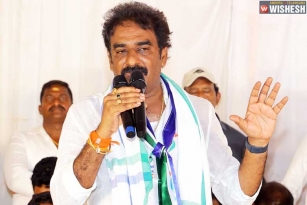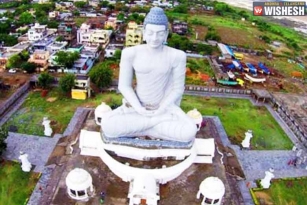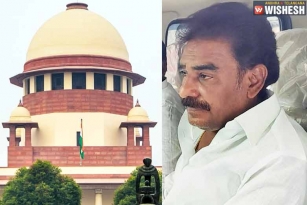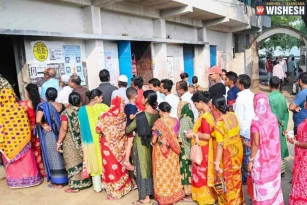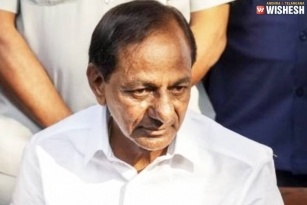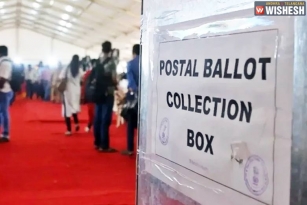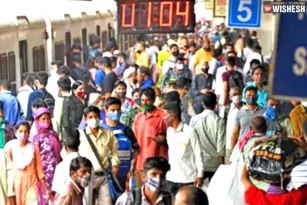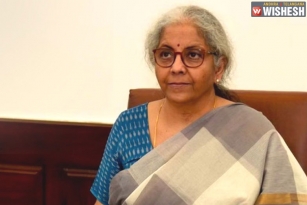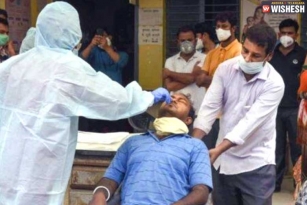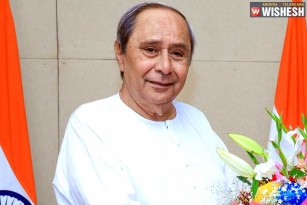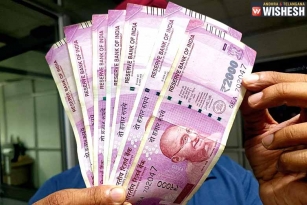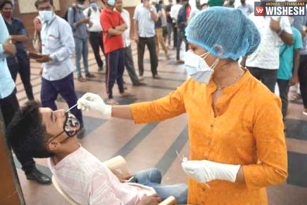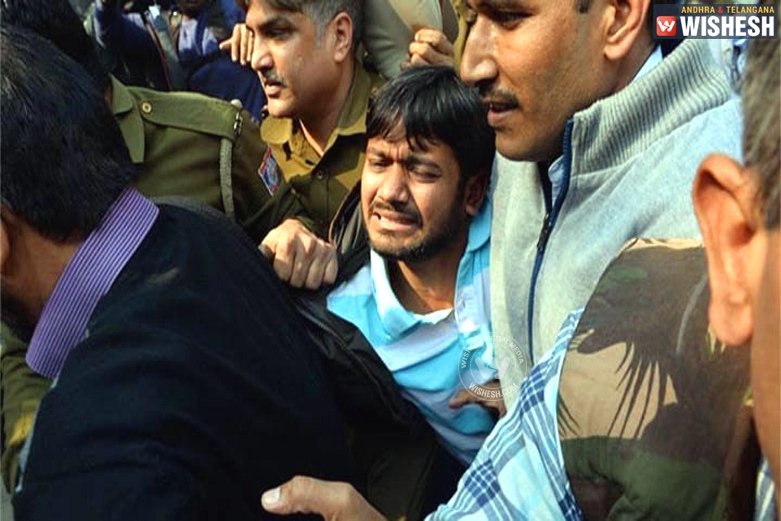
JNUSU president Kanhaiya Kumar was granted the bail from Delhi high court yesterday, but categorically said that, the “slogans raised in the programme can’t be termed as freedom of expression”.
JNU Students Union chief Kanhaiya who was arrested on the sedition charges was awarded the conditional interim bail, which means, he must completely cooperate in the investigation and present himself, when required before the investigators.
After furnishing a bail bond of Rs 10,000 and a surety of like amount at the Patiala House court, Kanhaiya is likely to be released today from Tihar jail.
Kanhaiya, the high court directed, should “not participate actively or passively in any activity which may be termed as anti-national” and told him that as president of the JNU students’ union he should “make all efforts within his power to control anti-national activities in the campus”.
Being critical about Feb. 9th issue that took place in JNU, the judge said, “The feelings or protest reflected in the slogans need introspection by the student community whose photographs are available on record holding posters, carrying photographs, of Afzal Guru and Maqbool Bhat, while ordering Kanhaiya’s release. He also cannot leave the country without the permission of the trial court.”
Considering Kanhaiya’s family background, Justice Pratibha Rani said that his mother is an anganwadi worker, who earns Rs 3,000. The entire family depends on that amount. Now she has to make out Rs. 10000 to pay the bail amount.
Discouraging the thoughts reflected at the university, the 23-page detailed court order says, “I consider this a kind of infection from which such students are suffering which needs to be controlled/cured before it becomes an epidemic.”
Opining that Kanhaiya has an intellectual attitude, the court added that, being the president of the Student’s body, he will be held responsible for activities in the campus.
By Phani Ch


